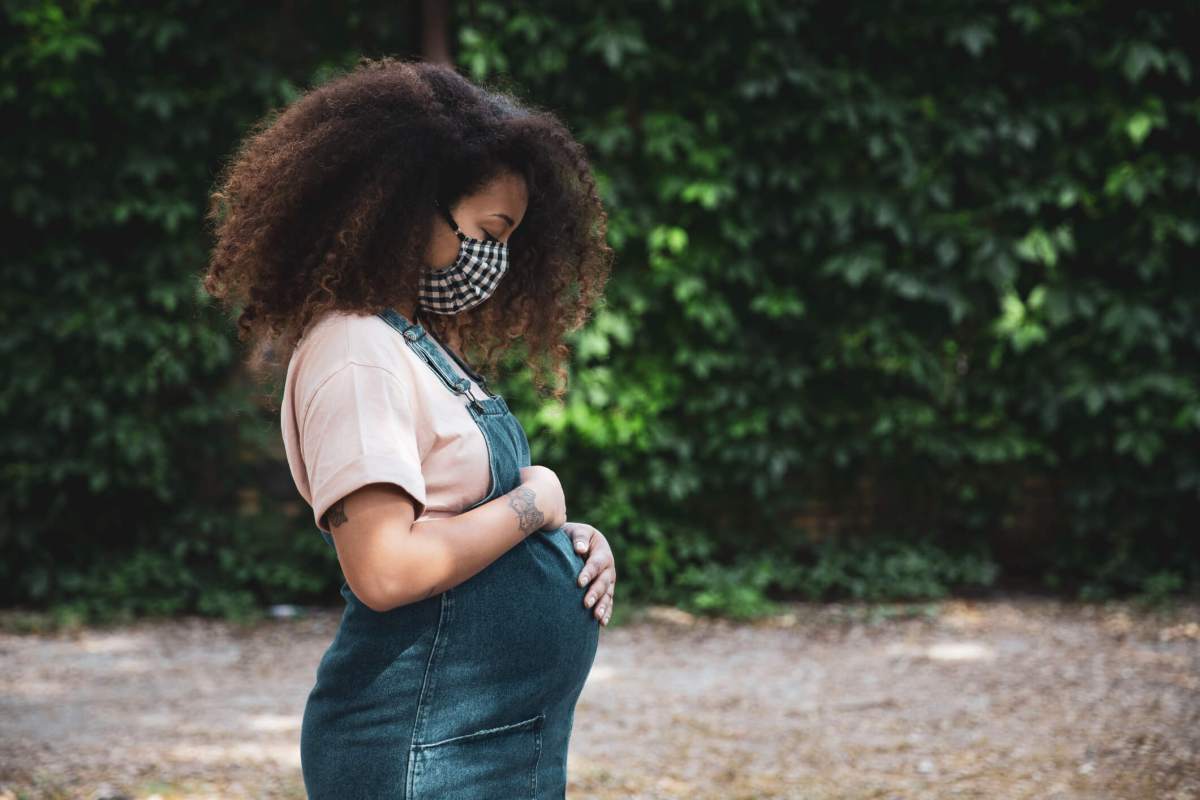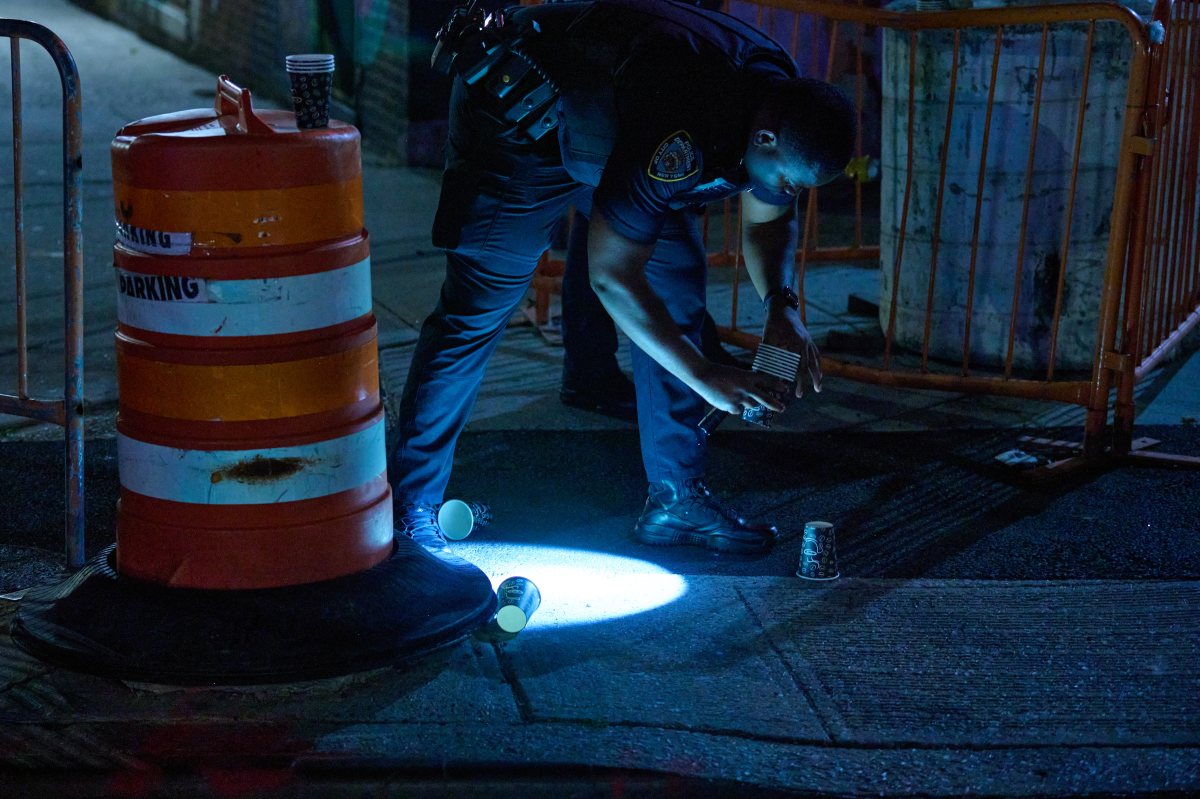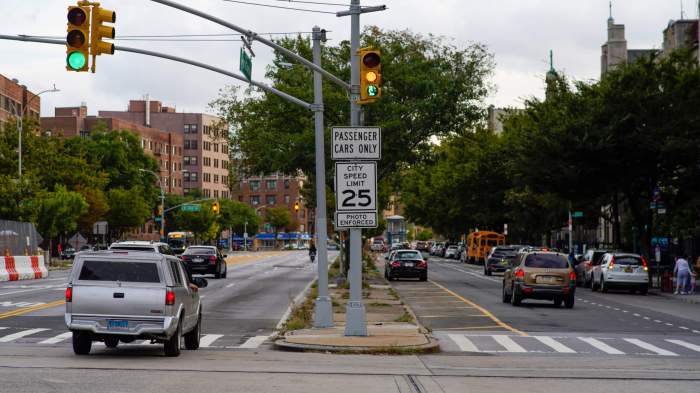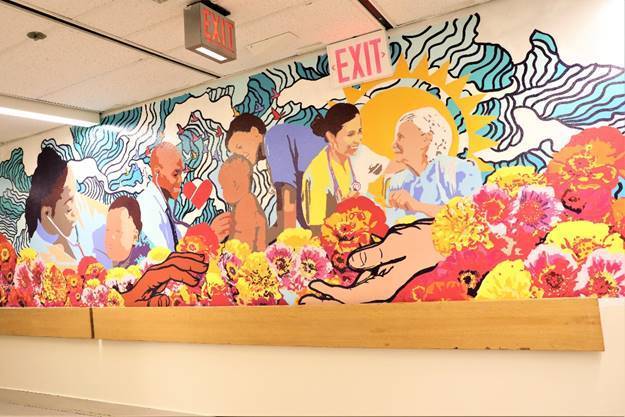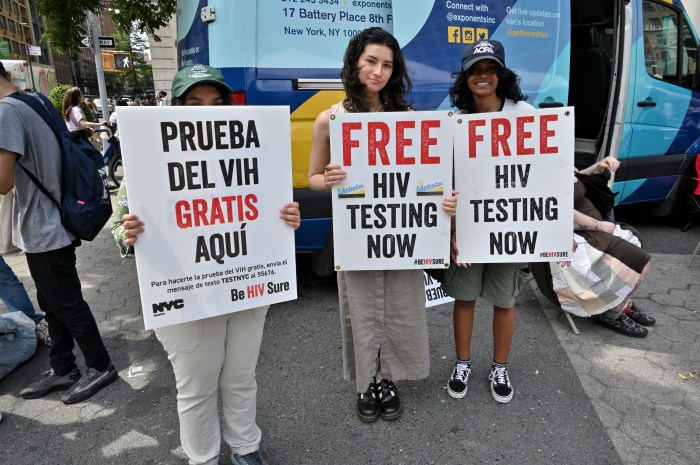As practicing clinicians at Montefiore Health System/Albert Einstein College of Medicine’s Department of Obstetrics & Gynecology and Women’s Health in the Bronx, we have received a lot of questions about the long-term effects of the COVID-19 vaccine from people planning to become pregnant, currently pregnant or postpartum and breastfeeding.
Issues related to maternal health and safety are at the forefront of our minds as we work to reduce disparities in maternal mortality and provide care in the community as well as the hospital. COVID-19 is challenging our efforts and burdening pregnant people disproportionately, as evidenced by a recent uptick in the numbers of COVID+ pregnant women in intensive care units. The low vaccination rates for pregnant women – 22% compared with 60% for the general population – is a significant driver in this alarming trend. We know enough about the coronavirus to recognize how dangerous it can be for long-term health, especially for women.
According to data from the U.S. Centers for Disease Control and Prevention (CDC), COVID-19 infection puts pregnant people at increased risk of severe complications and even death. Risks are even higher for pregnant patients with underlying health conditions such as diabetes, obesity and cardiovascular disease. On the other hand, there are no known similar risks for the COVID-19 vaccine. In fact, science has established the safety of the vaccines for those seeking to become pregnant or are pregnant, and these folks are strongly encouraged to get vaccinated.
Aligned with the CDC, the American College of Obstetricians and Gynecologists (ACOG) and the Society for Maternal-Fetal Medicine (SMFM), two of the leading organizations representing specialists in obstetric care, endorse vaccination for pregnant individuals. Their recommendations “reflect evidence demonstrating the safe use of the COVID-19 vaccines during pregnancy from tens of thousands of reporting individuals over the last several months, as well as the current low vaccination rates and concerning increase in cases.”
Recently, the two-dose Pfizer-BioNTech COVID-19 vaccine received full approval for people ages 16 and older from the U.S. Food and Drug Administration (FDA). To be granted this respected designation, this vaccine went through a rigorous analysis of its benefits, risks, clinical trial data, vaccine reactions and, perhaps most importantly, data on how people fared six months after being fully vaccinated. This full approval marks a significant milestone for this vaccine and should instill confidence in its safety and efficacy for those still deliberating about receiving the COVID-19 vaccine.
Every pregnancy is different, and all patients should consult their doctor or a healthcare professional with any questions they may have. We want to assure you that the COVID-19 vaccines are safe if you are planning to become pregnant, are pregnant, or are postpartum and breastfeeding. And we strongly encourage all women and girls 12 years of age and older to get the COVID-19 vaccine.
In fact, the need for everyone 12 years of age and older to get vaccinated is more urgent than ever.
COVID-19 remains a threat in the greater New York City area, especially with the rise in the more easily transmissible Delta variant. Recent available data from most states indicates that the vast majority of those who are hospitalized from COVID-19 are not vaccinated. The Delta variant can spread easily and infect anyone, regardless of age – more than 20% of new cases nationwide are children, according to the American Academy of Pediatrics.
Our work on reducing health disparities started well before this public health emergency and will continue long after. We strongly encourage people who are pregnant or anticipate being pregnant in the near future to continue to ask questions and consult with trusted healthcare professionals to dispel the myths and to overcome their fears related to the COVID-19 vaccine.
Together, we can build a community of immunity in New York and defeat the coronavirus.
Sharmila Makhija MD MBA, is a professor and department chair, Department of Obstetrics & Gynecology and Women’s Health, Montefiore Health System and Albert Einstein College of Medicine. Elizabeth A Duthie, RN, Ph.D., CPPS, is the director of Patient Safety, Network Performance Group, assistant professor of Obstetrics & Gynecology and Women’s Health, Montefiore Health System and Albert Einstein College of Medicine.

